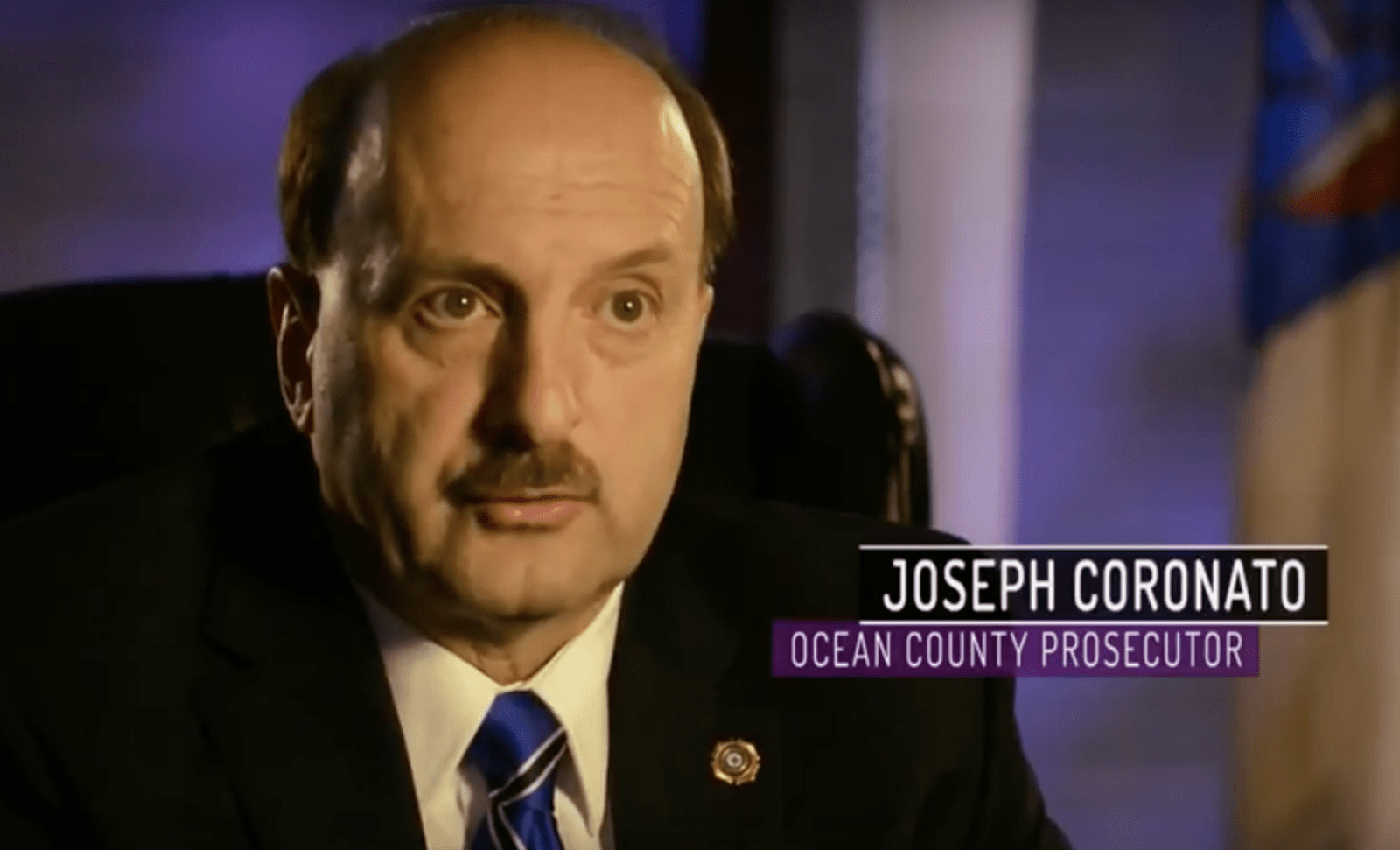‘You Want to Get Them While the Teardrops are Warm’: Prosecutors Swap Strategies for Turning Overdose Deaths into Homicides
Ocean County New Jersey Prosecutor Joseph Coronato said the best way to prosecute a drug overdose as a homicide is to find a witness close to the victim who may have used or bought drugs with them. “You want to get them in an emotional state,” Coronato said. “You want to get them while the […]

Ocean County New Jersey Prosecutor Joseph Coronato said the best way to prosecute a drug overdose as a homicide is to find a witness close to the victim who may have used or bought drugs with them. “You want to get them in an emotional state,” Coronato said. “You want to get them while the teardrops are warm.” What Coronato neglected to mention is that the witnesses may wind up with a homicide charge.
Coronato explained his tactics during a November 15 webinar entitled, “Strategies for Prosecuting Drug-Induced Homicide Cases,” hosted by the Association of Prosecuting Attorneys, a Washington D.C.-based nonprofit. The webinar’s premise is that prosecuting overdoses as homicides is an effective tool in law enforcement’s “heroin response strategy.” Under what’s called “strict liability,” a person who provides drugs that lead to a fatal overdose can be charged with manslaughter or homicide, depending on the state.
Last week, The Appeal reported on research that tallied a 300 percent increase in “drug-induced homicide” prosecutions from 2011 to 2016. Analyses by the Drug Policy Alliance and the Health In Justice Initiative at Northeastern University’s Law School demonstrate that these prosecutions increase the likelihood of fatal overdoses — the very problem they’re trying to solve — by scaring drug users and witnesses away from calling 911.
Edward Beach, a drug intelligence officer at the High Intensity Drug Trafficking Area program in New York and New Jersey, explained during the webinar that he targets “major traffickers.” But most drug-induced homicide prosecutions don’t target “major traffickers” — they target friends, family and romantic partners of the overdose victim.
“Out of the 32 drug-induced homicide prosecutions identified by the New Jersey Law Journal in the early 2000s, 25 involved prosecution of friends of the decedent who did not sell drugs in any significant manner,” according to the Drug Policy Alliance.
A case brought by Paul Caccaviello, assistant District Attorney in Berkshire County Massachusetts, illustrates how prosecutors target peers of the overdose victim, not big-time dealers. Caccaviello explained during the webinar how in 2008 he successfully prosecuted Dawn M. Cote for selling multiple fentanyl patches that led to her friend’s death. Cote had no history of drug dealing. She was prescribed the fentanyl patches and then sold them to her “best friend” and neighbor, who overdosed. In November 2009, Cote was sentenced to six years in state prison for manslaughter.
“Every overdose scene becomes a homicide scene,” Elie Honig, director of the New Jersey Attorney General’s Criminal Division, wrote in materials accompanying the webinar. “So there has to be … a cultural shift to investigating these types of cases.” Drug overdose is now the leading cause of accidental death among Americans 50 and under. So now, in the eyes of prosecutors, these deaths are all potential homicide cases.
